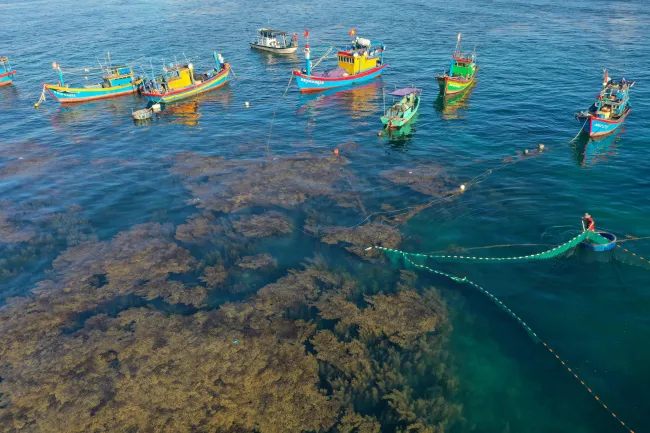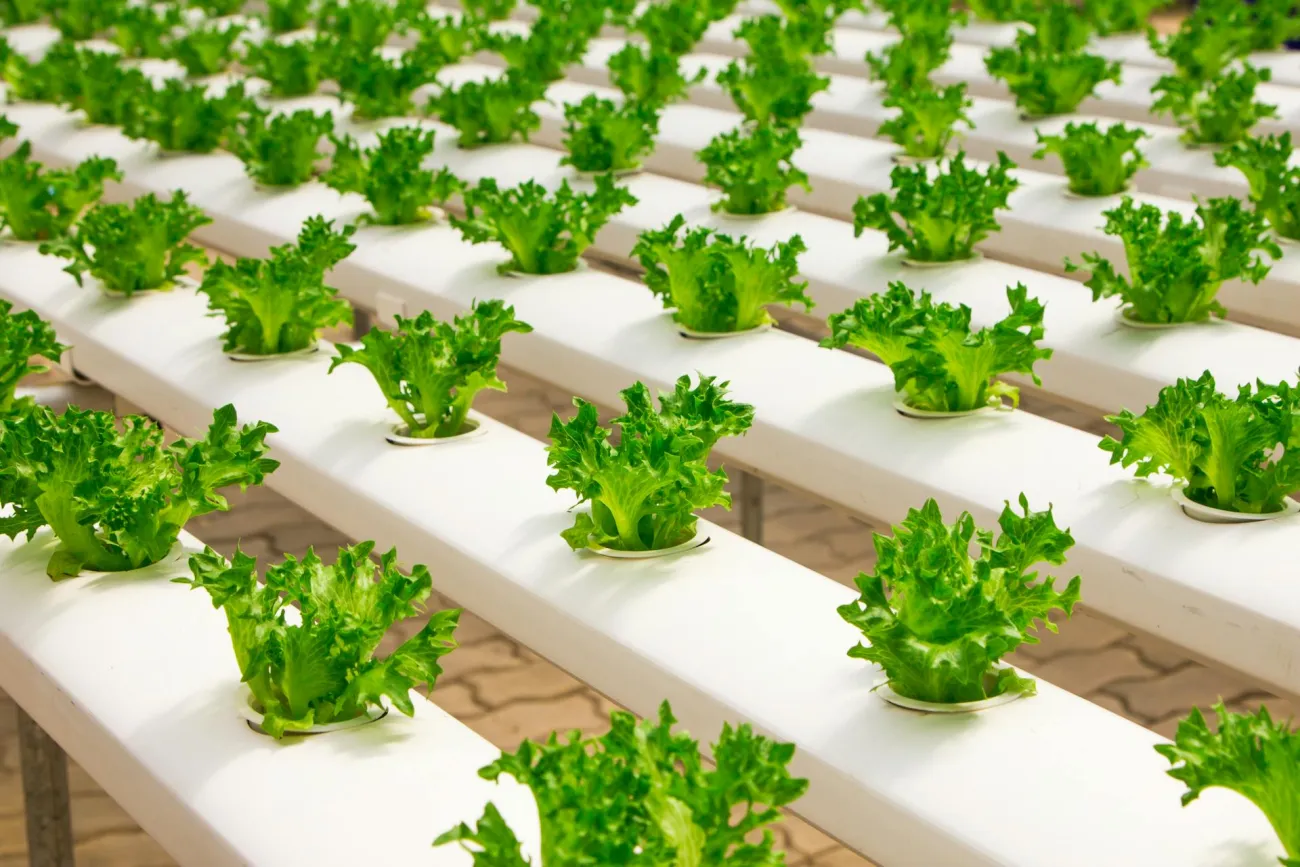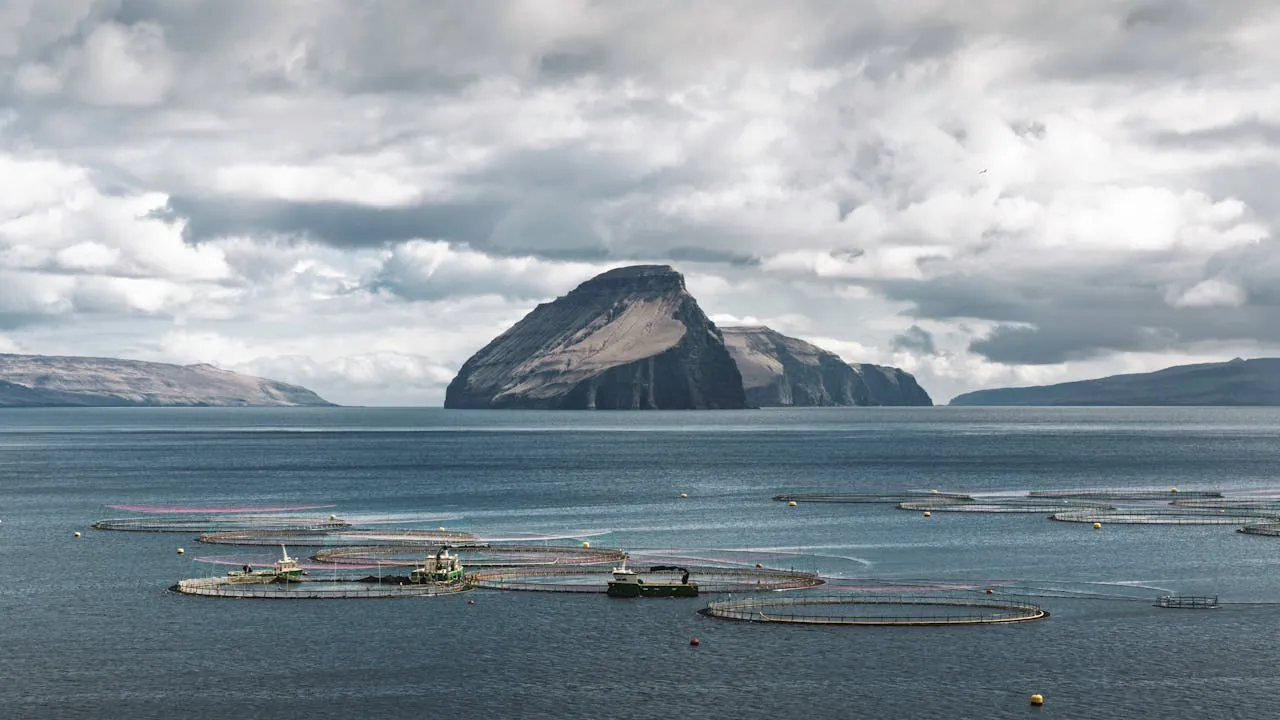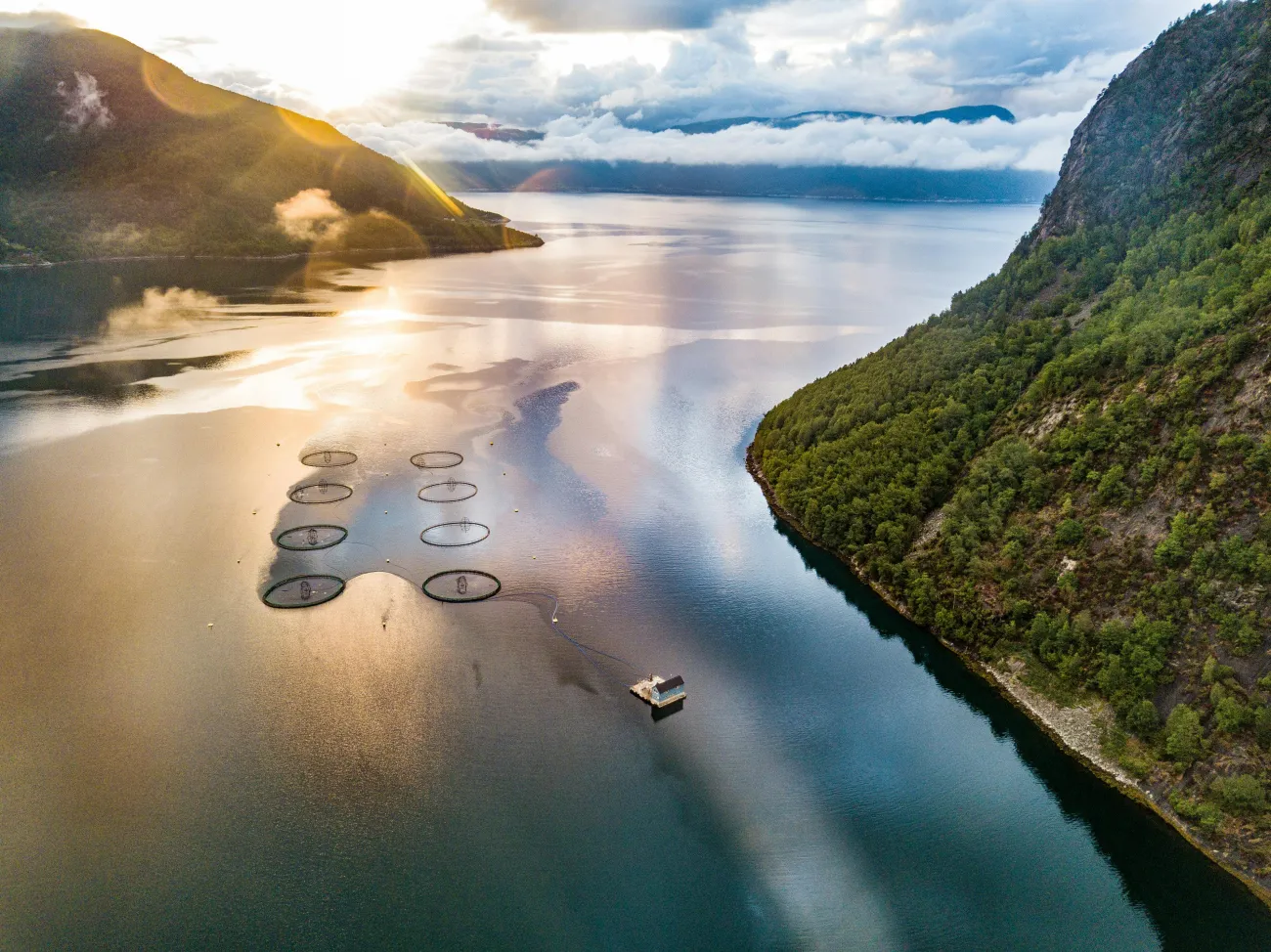This special issue of the Journal of Agriculture and Environmental Ethics collates four articles in critical ocean studies, indigenous, anti-colonial, queer, gender and intersectional approaches to marine and coastal sea farming. It highlights inventive and societally relevant traditions in feminist STS, environmental ethics, blue – and multispecies humanities and the long histories of indigenous peoples’ connections to coastal areas.

Abstract
These are contributions that disclose past, current, and future transformations regarding how societies might nourish life through, by and with the seas, suggesting modes of thinking and consuming in ways that allay our high-energy and high-consumption societies. Nourishment in theory unmakes modern distinctions between individual consumer choice and planetary belonging, self and other, body and environment – generative to what has been termed for instance low trophic theory-practices (Radomska and Åsberg 2021; Åsberg and Radomska 2021). Thus, we invite submissions that explore the political and ethical terrain in contemporary nourishing practices surrounding sustainable food system transitions located along the coasts and in the oceans.
Attention towards farming at sea needs be aware of the cross-border, trans-material, multi-species, posthuman entanglements in which it is embedded. For instance, we need to understand how posthuman and more-than-human ethics (Probyn 2016, 20) might be implemented in ocean farming. We need to understand how privatization and increases in oceanic productivity (Motichek et al. 2008) may impact environmental justice at different scales. We need also to think with the original meaning of “farm” as “something payable” and consider how to repay and replenish the oceans for what humans and society take from them. Hence, this special issue aims to address the themes of ocean farming and situate them within the context of coastal nourishment to address ethical and political implications that come with specific challenges, such as innovating ocean farm technologies for the harvesting of new materials, cultivating terrestrial plants and marine vegetables at sea, altering food webs, establishing policies and regulations on ocean farming, and reshaping aquatic relationships between humans and other beings.
This special issue invites critical ocean studies, indigenous, anti-colonial, queer, gender and intersectional approaches to marine and coastal sea farming. It honours inventive and societally relevant traditions in feminist STS, environmental ethics, blue – and multispecies humanities and the long histories of indigenous peoples’ connections to coastal areas. We hope to especially showcase the uses of arts and humanities to policy and society but also the creativity emerging out of postdisciplinary meetings between (eco- and bio-) art, the environmental humanities, the natural sciences and diverse societies of the world.
Reference
Read more here. See also the TABLE essay: Out of sight, out of mind: addressing invisibility of seafood in food system debates




Comments (0)